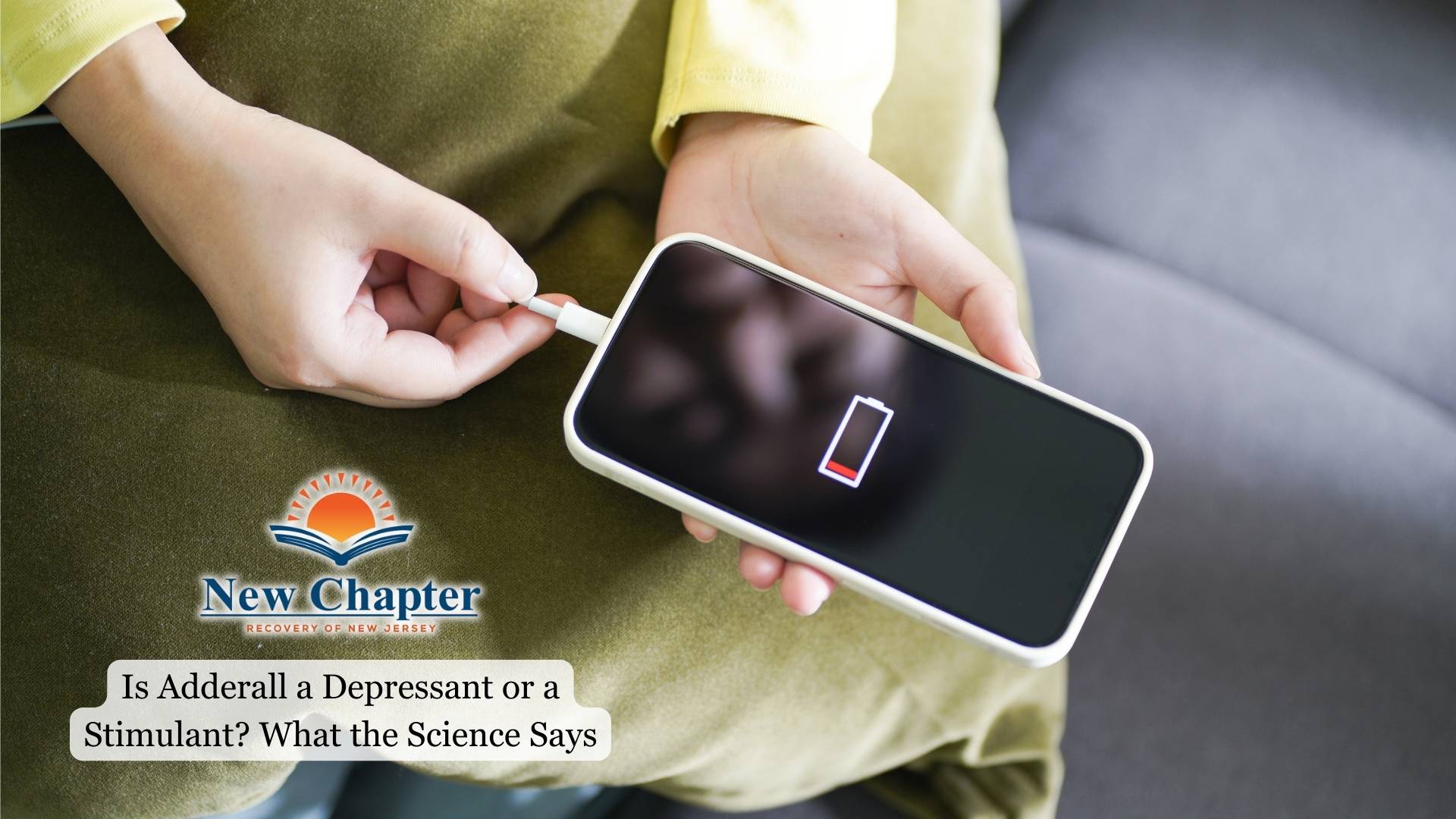Heroin is an illegal and highly addictive opioid that rapidly affects the brain and body. Individuals who use heroin may wonder how long it remains detectable in their system, whether for personal reasons or in anticipation of a drug test. The length of time heroin stays in the system depends on several factors, including metabolism, frequency of use, and the type of drug test administered.
Knowing how heroin is processed and eliminated from the body is essential for understanding detection times and potential risks.

How the Body Processes Heroin
Once heroin enters the body, it is quickly metabolized into morphine and other byproducts. The half-life of a drug refers to the time it takes for half of the substance to be eliminated from the body.
Heroin has an extremely short half-life of just a few minutes, meaning it is rapidly converted into metabolites that linger in the system for longer periods. These metabolites are what drug tests detect, rather than heroin itself.
The length of time heroin stays in the system varies depending on individual physiology, hydration levels, body fat percentage, and the amount of heroin used. Factors such as liver function and kidney efficiency also influence how quickly the drug is eliminated.
Detection Times for Different Drug Tests
Drug tests vary in their ability to detect heroin use, with some methods providing a longer window of detection than others:
- Urine Tests: One of the most common methods of drug testing, urine tests can detect heroin metabolites for up to three days after the last use. However, heavy or chronic users may test positive for a longer period.
- Blood Tests: Heroin can be detected in the bloodstream for up to six hours after use. Blood tests are less common due to their short detection window.
- Saliva Tests: These tests can detect heroin for up to 24 hours after the last use. Saliva testing is sometimes used for quick roadside or workplace screenings.
- Hair Tests: Heroin and its metabolites can be detected in hair follicles for up to 90 days or even longer. Hair tests provide the longest detection window but are generally used for forensic or long-term drug history analysis.
Factors That Influence How Long Heroin Stays in Your System
Frequent or heavy heroin use leads to longer detection times compared to occasional use. Metabolism also plays a crucial role, as individuals with faster metabolic rates eliminate heroin more quickly, whereas those with higher body fat percentages may retain heroin metabolites longer.
Hydration and diet impact the detoxification process, with proper hydration helping to flush out toxins more efficiently. The method of heroin use—whether injected, snorted, or smoked—affects how quickly the drug enters and exits the body.
Liver and kidney function also significantly influence how long heroin remains in the system, as these organs are responsible for filtering and processing the drug. Any impairment in these functions can slow down heroin elimination, extending its detectability in drug tests.

The Effects of Heroin and Its Addictive Nature
Heroin is a powerful opioid that produces intense euphoria, relaxation, and pain relief. However, these effects are short-lived, often leading to repeated use and a high risk of addiction. The drug alters brain chemistry, making it extremely difficult to stop using without professional intervention.
Long-term heroin use can lead to serious physical and mental health issues, including respiratory depression, liver and kidney damage, collapsed veins (for those who inject), and an increased risk of infectious diseases.
Heroin withdrawal symptoms, such as nausea, muscle pain, anxiety, and intense cravings, can make quitting extremely challenging without medical assistance.
Getting Help for Heroin Addiction
Heroin addiction is a serious condition that requires comprehensive treatment. Treatment options include medically supervised detox, inpatient and outpatient rehab programs, and behavioral therapy to address the psychological aspects of addiction.
Different types of drug treatment programs can provide support tailored to an individual’s needs. Medications such as methadone, buprenorphine, and naltrexone can help reduce cravings and withdrawal symptoms, improving the chances of long-term recovery. Therapy, counseling, and peer support groups also play a vital role in overcoming heroin dependence.
Final Thoughts from New Chapter Recovery
Overcoming heroin addiction is challenging but achievable with the right support, and having accurate information is a crucial step toward recovery. Our team at New Chapter Recovery understands the complexities of heroin addiction and the importance of knowing how long heroin stays in the system.






